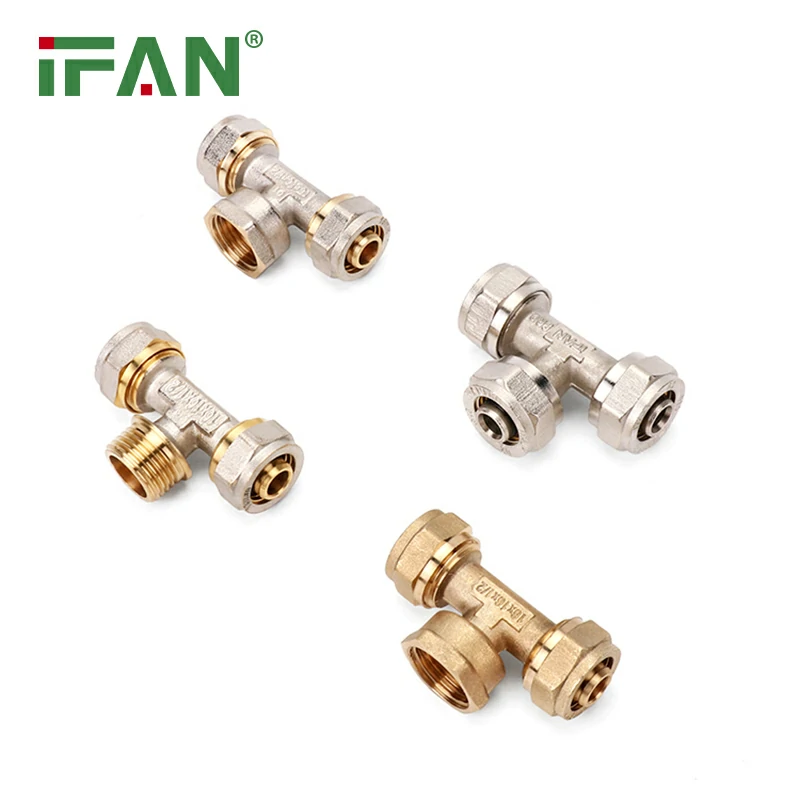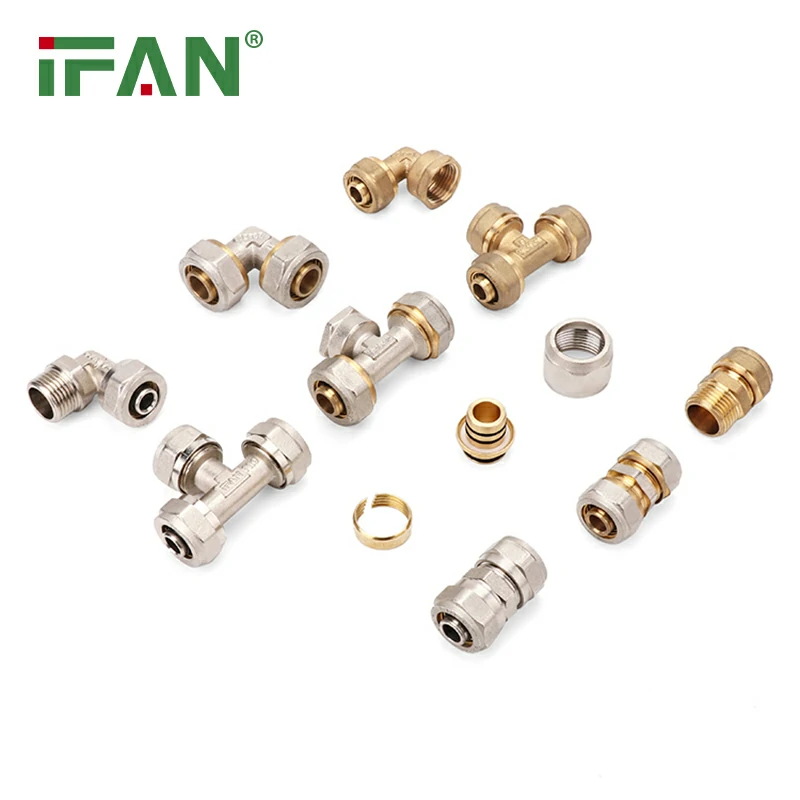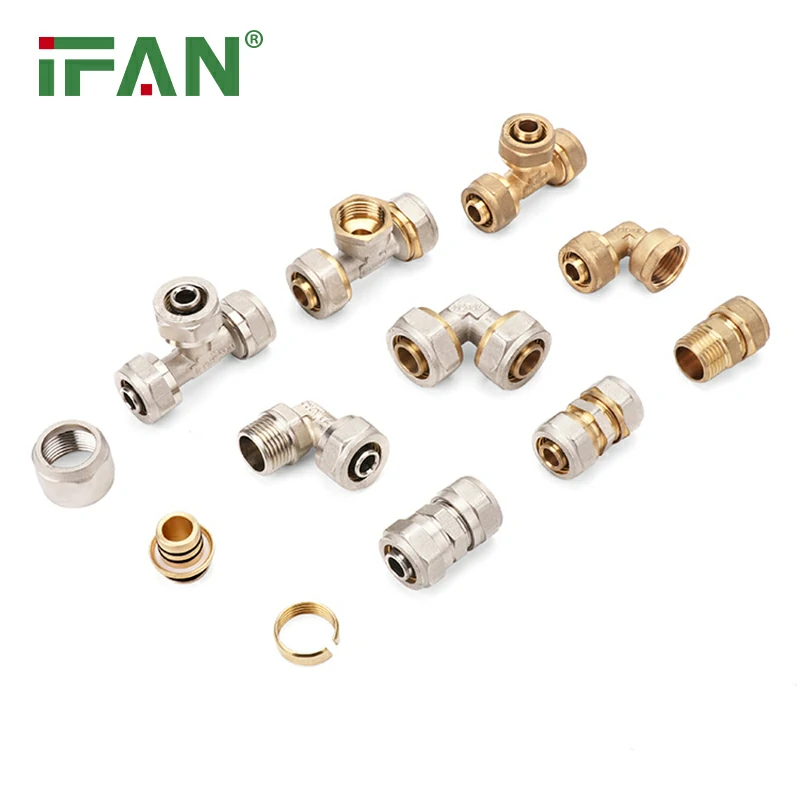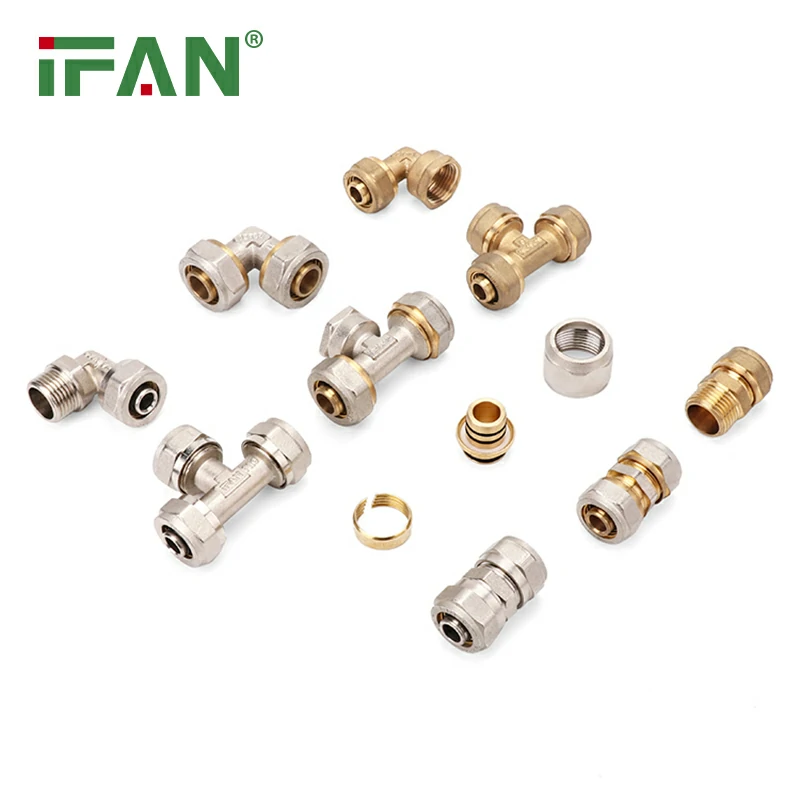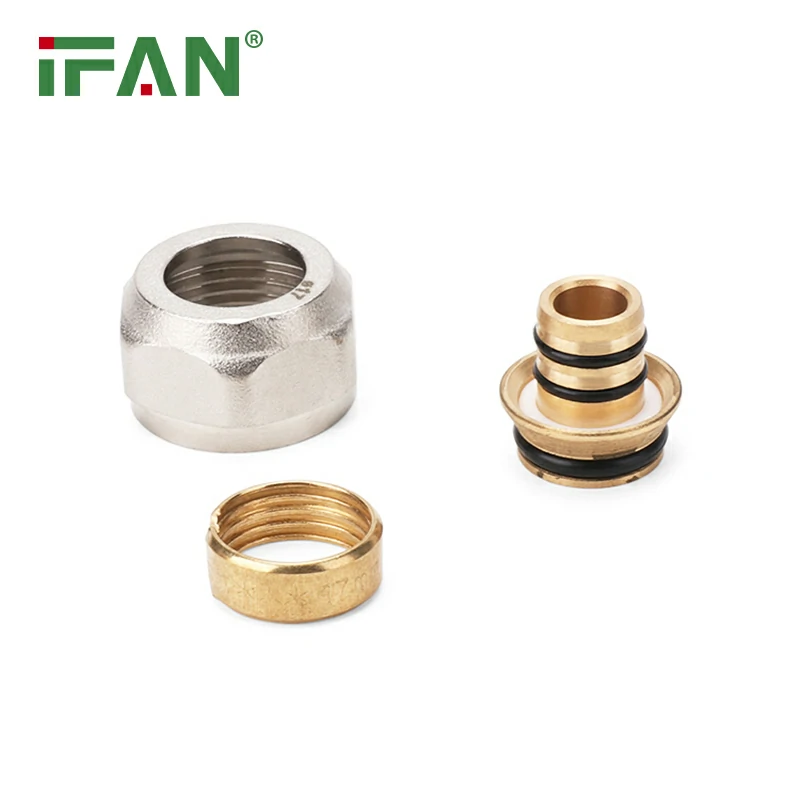As a homeowner, it’s important to keep an eye on your water heater to ensure it’s functioning properly. One of the most common issues that can arise is a leaking water heater. Not only can this cause damage to your home, but it can also lead to higher energy bills and potential health hazards.
If you’re unsure whether your water heater is leaking, there are a few signs to look out for. One of the most obvious indications is water pooling around the base of the unit. You may also notice a decrease in hot water pressure or strange noises coming from the tank. In some cases, you may even detect a foul odor or taste in your water, which can be a sign of bacteria growth due to a leak.
Visible Signs of a Leaking Water Heater
If you suspect that your water heater is leaking, it is important to take action right away to prevent further damage. Here are a few visible signs that may indicate a leaking water heater:
Subsection 1: Puddles or Moisture Around the Water Heater
One of the most obvious signs of a leaking water heater is the presence of puddles or moisture around the base of the unit. If you notice water pooling around your water heater or dampness on the floor nearby, it is likely that your water heater is leaking.
Subsection 2: Rust or Corrosion on the Water Heater
Another sign of a leaking water heater is the presence of rust or corrosion on the unit itself. Over time, water heaters can develop rust and corrosion due to exposure to moisture and other factors. If you notice rust or corrosion on your water heater, it may be a sign that it is leaking.
Subsection 3: Dampness or Stains on Walls or Ceilings Near the Water Heater
In addition to visible signs around the water heater itself, a leaking water heater can also cause dampness or stains on walls or ceilings nearby. If you notice dampness or stains on walls or ceilings near your water heater, it is important to investigate the cause right away to prevent further damage.
If you notice any of these signs of a leaking water heater, it is important to take action right away to prevent further damage. Contact a professional plumber to diagnose and repair the issue as soon as possible.
Changes in Water Quality or Temperature
If you suspect that your water heater is leaking, it’s important to pay attention to any changes in your water quality or temperature. Here are some signs to look out for:
Subsection 1: Lukewarm or Cold Water
If your water heater is leaking, you may notice that the water is not as warm as it used to be. In some cases, the water may even be cold. This is a sign that your water heater is not functioning properly and may be leaking. If you notice this change in water temperature, it’s important to have your water heater inspected as soon as possible.
Subsection 2: Rusty or Discolored Water
If your water heater is leaking, you may notice that your water is rusty or discolored. This is a sign that your water heater is corroding and may be leaking. Rusty or discolored water can also be a sign of other issues with your plumbing, so it’s important to have your water heater inspected by a professional plumber to determine the cause of the problem.
Subsection 3: Low Water Pressure
If your water heater is leaking, you may notice that your water pressure is lower than it used to be. This is a sign that there may be a leak in your water heater or in your plumbing system. Low water pressure can also be a sign of other issues with your plumbing, so it’s important to have your water heater inspected by a professional plumber to determine the cause of the problem.
Unusual Sounds or Smells
Banging or Rumbling Noises
If you hear banging or rumbling noises coming from your water heater, it could be a sign of sediment buildup. Sediment can accumulate at the bottom of the tank and cause the heating element to overheat, resulting in the banging or rumbling sounds. If left unchecked, this can cause damage to the heating element or tank, leading to leaks.
If you notice these sounds, it’s best to call a professional plumber to inspect your water heater and flush out any sediment buildup.
Foul Odors or Smells
If you notice a foul odor or smell coming from your water heater, it could be a sign of bacterial growth. Bacteria can thrive in warm environments, such as the inside of a water heater tank, and produce a rotten egg smell.
To eliminate the odor, you can try flushing out the tank with a mixture of water and hydrogen peroxide. However, if the smell persists, it’s best to call a professional plumber to inspect your water heater and determine the best course of action.
Ignoring unusual sounds or smells coming from your water heater can lead to costly repairs or even a complete replacement. If you notice any of these signs, it’s best to call a professional plumber to inspect your water heater and address the issue before it becomes a bigger problem.
Other Signs to Look Out For
Aside from the obvious signs of water leakage, there are other signs that you can look out for to determine if your water heater is leaking. Here are some of them:
Subsection 1: High Utility Bills
If your utility bills have been steadily increasing, it could be a sign that your water heater is leaking. A leaking water heater can cause your utility bills to skyrocket because the heater has to work harder to maintain the desired temperature. If you notice a sudden increase in your utility bills, it is best to check your water heater for any signs of leakage.
Subsection 2: Reduced Hot Water Supply
If you notice that your hot water supply is reduced or not as hot as it used to be, it could be a sign that your water heater is leaking. A leaking water heater can cause the hot water supply to be reduced because the water heater is not able to heat the water properly. If you notice a sudden decrease in your hot water supply, it is best to check your water heater for any signs of leakage.
It is important to keep an eye out for these signs in order to prevent any major damage to your home. If you notice any of these signs, it is best to call a professional plumber to inspect your water heater and fix any leaks.

